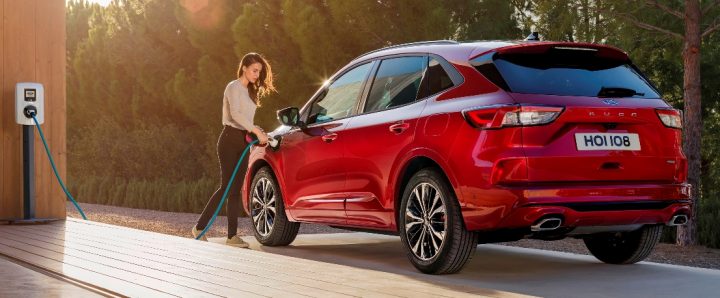The idea that franchise dealers are required more for electric vehicle service, maintenance and repair than their internal combustion engine counterparts is a “myth”, shows new research from epyx.
Statistics taken from its 1link Service Network platform, used to manage SMR for more than four million company vehicles largely operated by leasing companies, show hardly any difference in the split between franchise and independent use for EVs and ICEs.
Charlie Brooks, strategy director, said: “There’s been something of an accepted narrative in recent years that because EVs represent a new technology, they will strengthen the SMR link between fleets and franchise dealers.
“We’ve now got a sufficient number of electric cars and vans on the platform that we can see fairly solid trends emerging and one of the most obvious is that this supposed relationship is something of a myth.
“Generally, about 75% of SMR jobs for EVs are being carried out at franchise dealers, which is actually less than the 80% for similar ICE vehicles.
“The facts are that many jobs required for EVs are the same as for ICE – tyres and brake pads, for example – while some independent garages also appear to be getting up to speed with the more specialist aspects of EV SMR. Fleets appear to be approaching the maintenance of their EVs in a broadly similar fashion to their petrol and diesel cars and vans.”
Charlie added that tyres were an area of interest, with it becoming clear that consumption was higher for EVs.
“On the platform, the average tyre diameter for an EV is about an inch more than ICE and, coupled with low rolling resistance designs, it’s clear that wear and tear is quite a lot higher.
“We’re also seeing signs that comparable SMR lifetime costs for EV and ICE vehicles are more complex than might be initially assumed. There’s a school of thought that you can just knock off 30-40% from ICE SMR costs and that’ll be a good ballpark figure for the equivalent EV.
“However, that’s not turning out to be the case in at least some examples. There is fairly wide variance in EV running costs and we hope to be able to share more data on this soon.”
Independent analysis by Juniper Research this week suggests battery pack orders will triple over the next five years and hit 30 million unit, much of it driven by demand for larger commercial vehicle packs.


